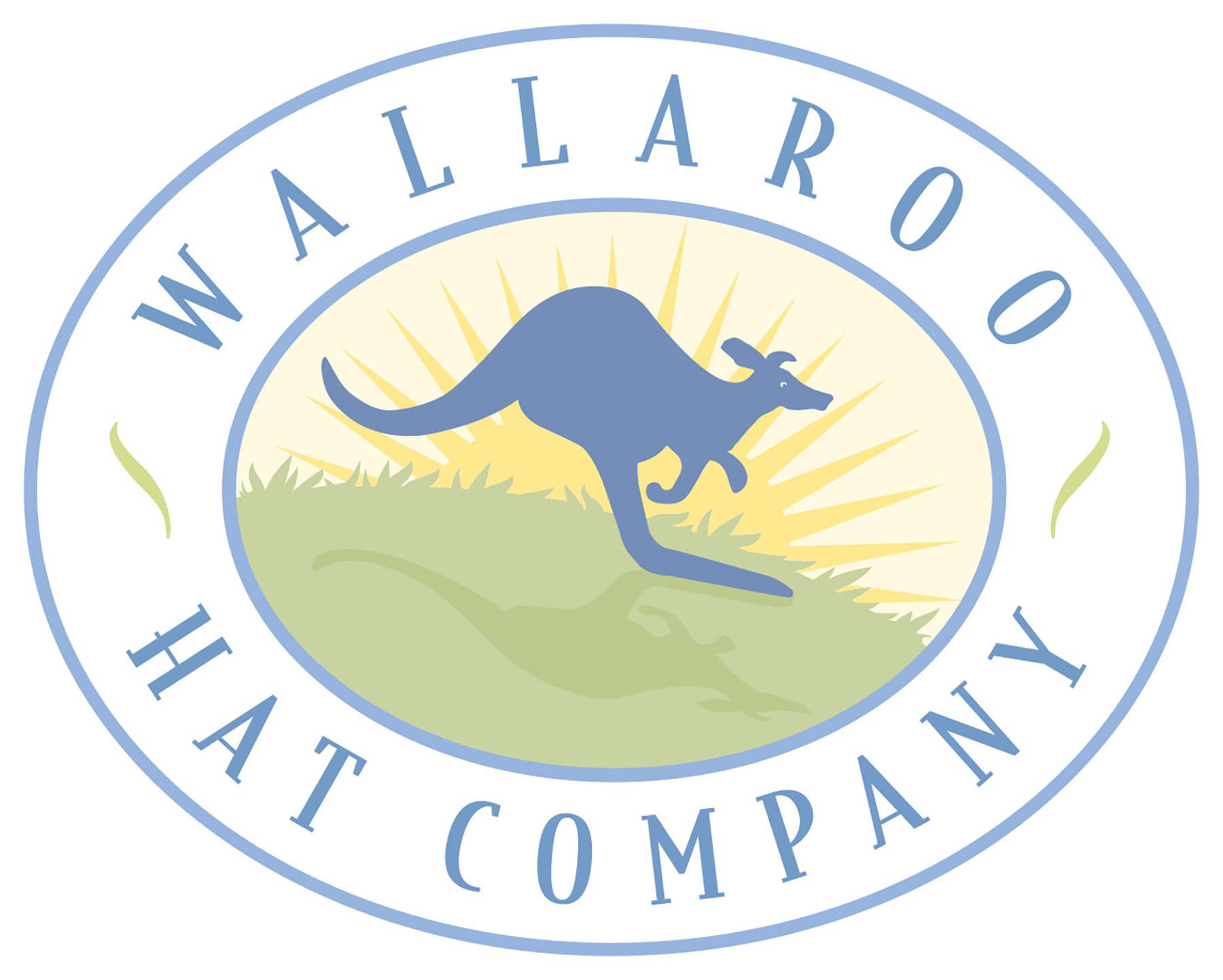

Wallaroo Hat Company

November 2014
Apparel
Wholesale/Retail
China,
United States
Wallaroo Hat Company, based in Boulder, Colorado was founded in 1999 by Stephanie Carter. Wallaroo prides itself on being a leader in the fashion-forward, sun protective hat industry, combining the latest fabrics and designs with maximum sun protection. Many of the hats in the Wallaroo Collection are rated UPF 50+ ensuring that the customer gets a 97.5% UV block from the sun's harmful rays. With the incidence of skin cancer on the rise nationally, sun protection is more important now than ever before. Wallaroo is actively involved with the Skin Cancer Foundation and many Wallaroo hats are recommended as an effective UV protectant. To help further their corporate philosophy, several years ago Wallaroo started a Sun Protection Commitment campaign. Every year Wallaroo donates 1% of its profits to different organizations that undertake skin cancer research, prevention and education in the United States. Additionally, Wallaroo has made both financial and product donations to organizations such as the Melanoma Research Foundation, The Skin Cancer Research Foundation, The Colorado Melanoma Foundation and also participated in various events including Mallets for Melanoma, Miles for Melanoma among others.
Overall B Impact Score
Governance 15.5
Governance evaluates a company's overall mission, engagement around its social/environmental impact, ethics, and transparency. This section also evaluates the ability of a company to protect their mission and formally consider stakeholders in decision making through their corporate structure (e.g. benefit corporation) or corporate governing documents.
What is this? A company with an Impact Business Model is intentionally designed to create a specific positive outcome for one of its stakeholders - such as workers, community, environment, or customers.
Workers 22.4
Workers evaluates a company’s contributions to its employees’ financial security, health & safety, wellness, career development, and engagement & satisfaction. In addition, this section recognizes business models designed to benefit workers, such as companies that are at least 40% owned by non-executive employees and those that have workforce development programs to support individuals with barriers to employment.
Community 38.7
Community evaluates a company’s engagement with and impact on the communities in which it operates, hires from, and sources from. Topics include diversity, equity & inclusion, economic impact, civic engagement, charitable giving, and supply chain management. In addition, this section recognizes business models that are designed to address specific community-oriented problems, such as poverty alleviation through fair trade sourcing or distribution via microenterprises, producer cooperative models, locally focused economic development, and formal charitable giving commitments.
What is this? A company with an Impact Business Model is intentionally designed to create a specific positive outcome for one of its stakeholders - such as workers, community, environment, or customers.
Environment 7.0
Environment evaluates a company’s overall environmental management practices as well as its impact on the air, climate, water, land, and biodiversity. This includes the direct impact of a company’s operations and, when applicable its supply chain and distribution channels. This section also recognizes companies with environmentally innovative production processes and those that sell products or services that have a positive environmental impact. Some examples might include products and services that create renewable energy, reduce consumption or waste, conserve land or wildlife, provide less toxic alternatives to the market, or educate people about environmental problems.
Customers 8.2
Customers evaluates a company’s stewardship of its customers through the quality of its products and services, ethical marketing, data privacy and security, and feedback channels. In addition, this section recognizes products or services that are designed to address a particular social problem for or through its customers, such as health or educational products, arts & media products, serving underserved customers/clients, and services that improve the social impact of other businesses or organizations.
What is this? A company with an Impact Business Model is intentionally designed to create a specific positive outcome for one of its stakeholders - such as workers, community, environment, or customers.